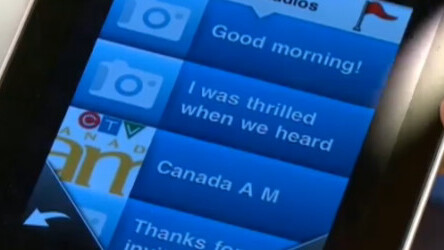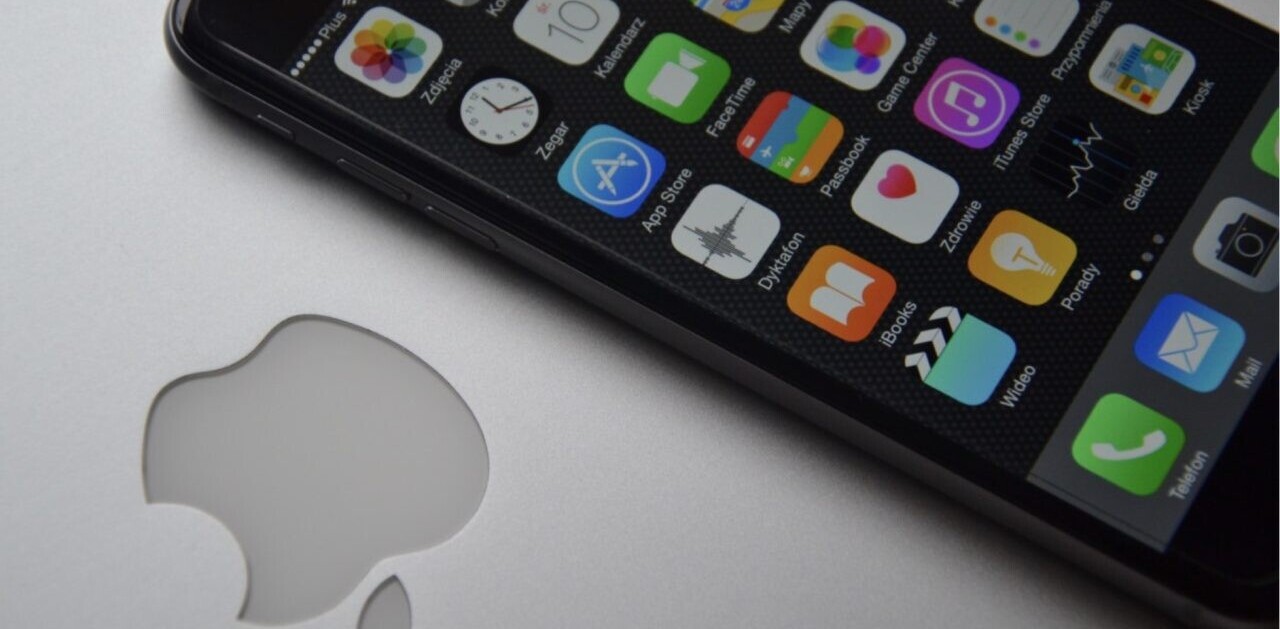
Over the last few years, we’ve seen a variety of apps designed to specifically assist people living with an illness. Most notably, this year at CES we got a look at Withings’ app that keeps a medical record of your blood pressure when used with its companion iPhone-connected blood pressure cuff.
Now, the University of Toronto has developed an iOS and Android app to help people suffering from autism, brain injuries or any condition that causes language and speech challenges.
MyVoice offers users location-specific dictionaries that work similar to the expensive voice synthesizers that Stephen Hawking uses to communicate. The cool thing about this app is, it doesn’t merely provide a database full of random phrases or words. Instead, the app will determine where you are through GPS and provide you relevant choices pertaining to the location.

As one of the designers explains, if you were at a movie theatre this clever app would quickly provide the users with a list of related words such as “tickets”, “seats” or “soft drinks”.
Usually, people would have to navigate through a huge hierarchy of words on a traditional device in order to find these seemingly unrelated words. But using our technology, using MyVoice, they’re able to very quickly get to the words that they actually need to say at that time.
The project was able to obtain funding from Google and the Natural Sciences and Engineering Research Council of Canada and although U of T is currently offering the app for free in Apple’s app store, after six months the team plans on charging $30 a month for a subscription. MyVoice is compatible with the iPad, iPhone and iPod touch and it’s coming to the Android market soon, according the app’s official site.
While there’s a gazillion uses for tablets and smartphones, the advances made within the medical community are truly extraordinary and MyVoice is another great example.
Get the TNW newsletter
Get the most important tech news in your inbox each week.





